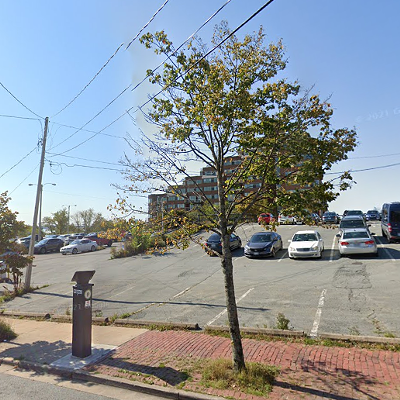1 Fixed term leases
Fixed term leases are different from year-to-year leases. Instead of the standard terms, in a fixed lease the landlord and tenant can negotiate the specific terms of their lease with a fixed end date. If a lease isn't renewed and the
tenant is still there, it automatically becomes a month-to-month lease. The big difference is that year-to-year leases automatically renew every year unless the tenant or landlord gives three months notice to leave or go month-to-month. Fixed term leases don't automatically renew, and can actually come with different rules. Once the tenant signs, they've agreed to those different rules.
If a tenant doesn't understand the terms of their lease they may be surprised to find they're required to give six months notice to renew. Or, they can be evicted by a landlord without the standard three months notice.
The Coast has received multiple warnings that fixed term leases can be a trap, one that especially targets students and newcomers who may not be familiar with tenant rights in Nova Scotia, or just don't have the time or energy to move in the middle of the school year.
They're not always bad. Some landlords write fixed term leases with the same terms as year-to-year leases. At the end of the year the tenant has a choice to renew, and the terms of the fixed lease can still require the standard three month's notice on both sides. However, other landlords use fixed term leases to negate tenant rights. When offered a fixed term lease, compare the terms to the standard yearly lease on the residential tenancy website.
2 Application fees
Application fees are another deceptive trap. According to the residential tenancy website, it's normal to pay a damage deposit of one half month's rent upon signing a lease, but it should also be returned at the end of the year (unless there is comparable damage to the unit). A damage deposit should never be more than one half of a month's rent. Application fees, on the other hand, can be kept by the landlord if the tenant changes their mind and the lease isn't signed.
In this province, any exchange of money between a prospective tenant and a landlord before signing a lease is not allowed. The Coast has received recent complaints that some apartment applications include a requirement that the applicant pay a fee of one half month's rent before signing the lease. If the tenant decides not to sign the lease, the landlord can keep the damage deposit and call it an application fee.
When applying for apartments, double- check the terms of the application and never pay a damage deposit before signing a lease.
3Bedbugs
The Halifax bedbug registry lists tenant complaints about known bed bug infestations. It hasn't been active in about two years but it does list the complaint and the address of the property. Mice are a common occurrence in Halifax, but bed bugs tend to hit the same properties in waves every few years. In many apartment buildings, units are treated for bedbugs, cockroaches and mice on a case-by-case basis, so the entire building can never be 100 percent pest-free.
The Coast reported last year on tenants at Park Victoria (on South Park Street) who complained of bed bugs, cockroaches and ants on different floors. The tenants believed their units were treated as isolated infestations when the reality was building-wide. Halifax ranked number five in Canada on the list of cities with the worst bed bug problems in 2018, so be sure to look up the address of any prospective apartment to see if they've had pests in the past.

















